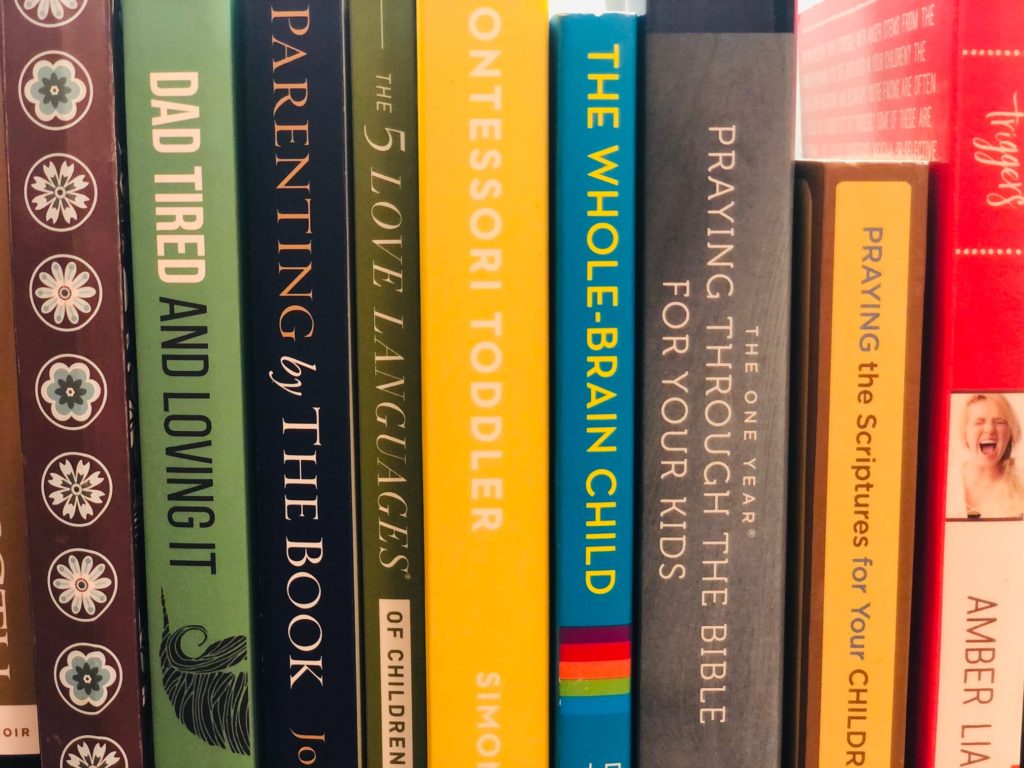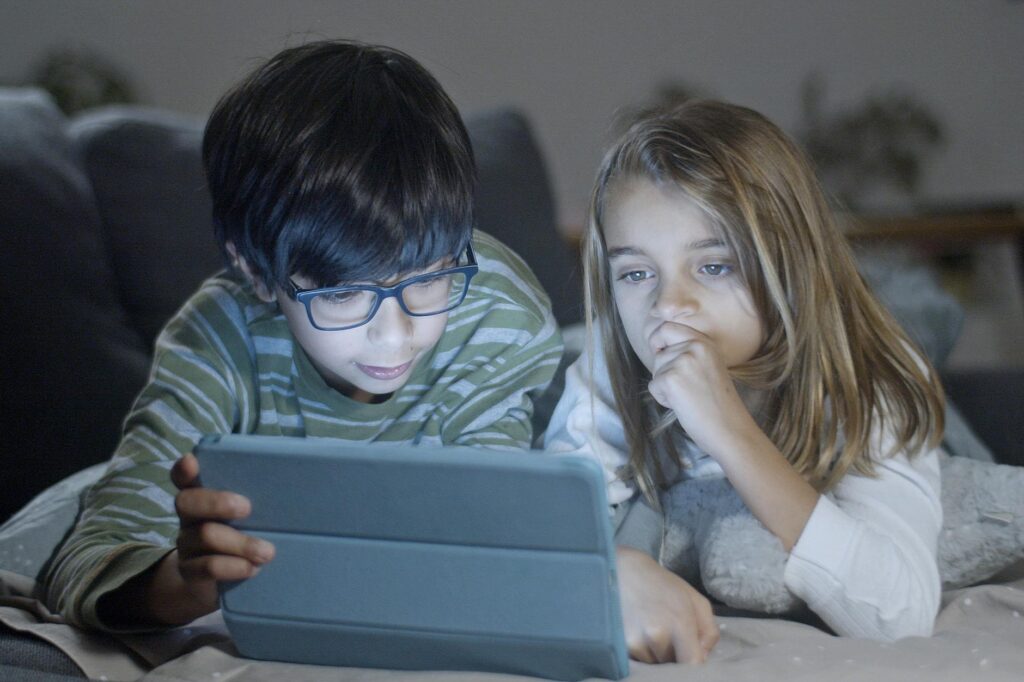We parents are always looking for the next best parenting advice, book, strategy, philosophy, style, or technique, all because we feel we are not good enough on our own. We are hard on ourselves because there is a world out there that is loud about what it looks like to be a ‘good parent.’ Then there are well-wishers, family, and strangers at times who are telling you that there is a better way to do it all. I have a friend who was once reprimanded in the store by an older woman for not having a jacket on her kid. I have heard these stories far too often when strangers make impulse judgments over your parenting based on their few minutes of observation.
We read about the ‘no-yelling’ strategy, ‘the time-outs don’t work’ philosophy, the spend more time with your kid approach, and hear about alternate phrases to use when disciplining. It all sounds great, and we want to strive for it. We then feel bad because we feel obligated to live by these standards but fail. It then leads to guilt parenting.
You may ask what guilt parenting is. It is overcompensating your kids with things they do not need or do not deserve or breaking the rules every so often – to feel better about our misplaced failures. For example, we may feel bad that we yelled at them, so we give them candy, although their bad behavior required serious attention at the time. We may feel bad when we are busy and can’t make time to play that game they have been asking for, so we allow them extra TV time.
Let’s stop feeling guilty about our parenting. To be a good parent means to love your children and do the best you can for them, period. We are already a generation that is conscious of our influence on children, and we strive to learn, apply, and improve in this journey. I am not advocating against any parenting resources you find helpful or any parenting strategy worth trying out. I am saying that – do not be hard on yourself when you can’t achieve what you set out to do, and do not guilt parent because of it.
Your parenting style is born from your temperaments, personalities, values, and beliefs. There is always room to improve and opportunity to learn, and we need to take small steps and not expect overnight transformations or else we start to miss the target and fall into the vicious cycle of guilt parenting.
We have to be intentional in our parenting. Sometimes it may not happen at that moment you want it to happen. It may be at night when we think about how we can respond differently to a situation and intentionally discuss this with our kids the next day. When you parent with care, seek guidance in prayer, ask forgiveness in humility, and discipline with love, you are already on the path to being a better parent than you were today.
Are you guilt-parenting? I’m here to tell you there is a way out of it.



